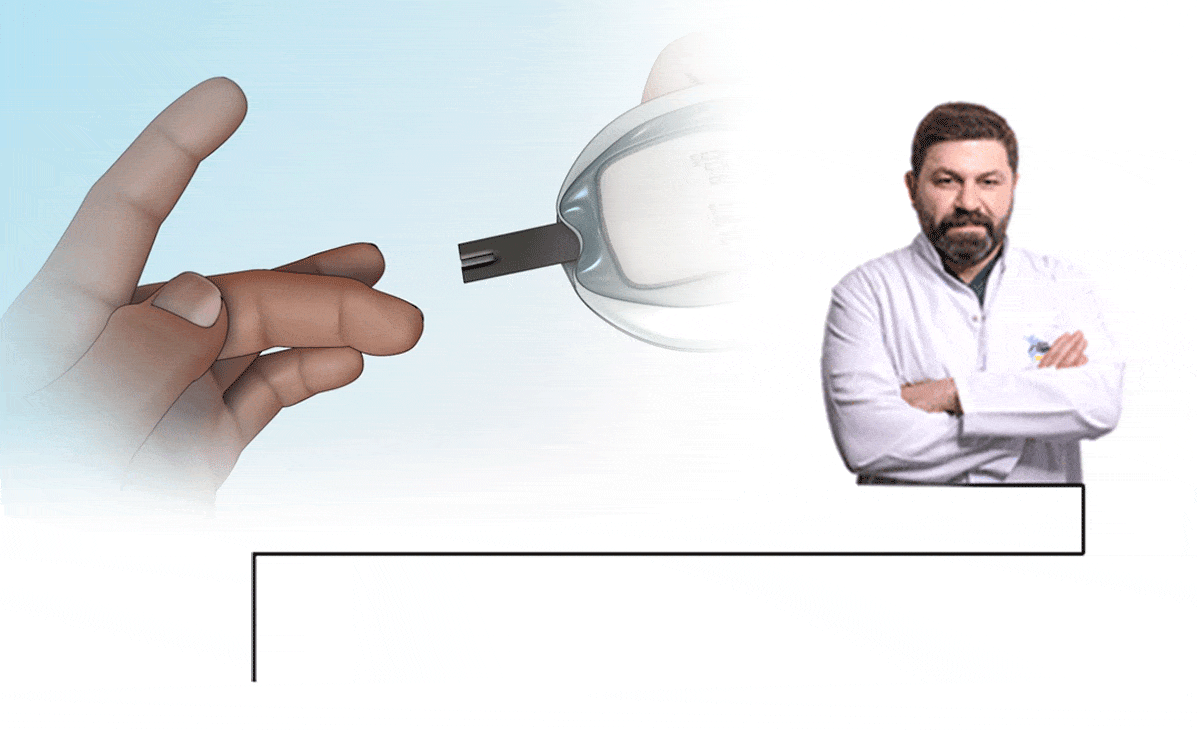
It is a metabolic surgery operation performed to cure type 2 diabetes. Transit bipartition Surgery is preferred by people with insulin resistance to maintain weight balance.
The foods we consume during the day have various nutritional values. When it reaches the intestines after the digestion process, the release of hormones that trigger diabetes begins. However, when food reaches the end of the intestines, the release of these hormones slows down.
This surgery, called transit bipartition or duodenal switch, is performed to prevent the imbalance due to hormones that cause diabetes.
Transit Bipartition How To?
Transit bipartition Surgery is a surgical method. It is a series of applications that occur within the metabolic system. A specific part located at the very end of the small intestines is additionally connected to the stomach. This new formation has the characteristics of a tube stomach.
First, an area around 100-120 cm is determined, counting the place where the small and large intestines meet as the starting point. Then, another 150 cm long region is added.
The length of this area varies from person to person. The patient's personal characteristics and health conditions determine these factors. After the determined size piece is removed from the small intestine, the exit point at the bottom is connected to the stomach.
Transit Bipartition Surgery Types
Original Transit Bipartition: It is known that it is a method used to prevent risky diseases such as stomach cancer.
Loop Transit Bipartition: It is a more useful and practical method in terms of the technique applied in the operation. For this reason, it is frequently used during treatments.
Transit Bipartition Surgery and Its Purpose
It provides medication-free and needle-free treatment for type 2 diabetes in people whose body mass index remains at normal values. Transit bipartition With surgery, the insulin level in the body is controlled while the intestinal structure is preserved.
At the same time, the effective absorption of vitamins and minerals contained in food is completed thanks to the formation of a new stomach. Diabetics with normal weight levels are less likely to experience sudden weight loss.
Restoring the feeling of fullness seen in general sleeve gastrectomy surgeries is also seen in transit bipartition operations. After eating the smallest food, the body feels full.
Transit Bipartition Who Does It Apply To?
It is applied to type 2 diabetics and people suffering from obesity. It is a method used especially by patients who cannot control their blood sugar levels. The aim is for the patient to feel full at the end of the surgery.
Transit bipartition The surgery is decided by tests and scans performed by physicians who are experts in the field. The extent to which blood sugar and other values will be controlled is also a determining factor in the decision for surgery.
Transit Bipartition and Its Benefits
- Possible gastric sleeve leaks can be prevented.
- It is a surgical treatment that provides benefits by preserving the expansion and volume compared to other sleeve gastrectomy procedures.
- Examination and monitoring of the intestines and surrounding organs such as gallbladder and pancreas can be easily done through endoscopy imaging.
- The absorption of nutrients taken throughout the day through the digestive system can be maintained in a healthy way.
- Transit bipartition Thanks to its operation, it is complemented with the consumed nutrients without the need for external mineral and vitamin supplements.
Process After Transit Bipartition Surgery
It is known that patients achieve great success after surgery. It has a lower risk compared to the intervention methods used in obesity and diabetes diseases.
The effects of diseases such as type 2 diabetes and obesity decrease as a result of the operation. The majority of patients can continue their lives without medication. It is known that the feeling of fullness is quickly regained after the surgery is performed.
Transit bipartition It is known that after the operation, the patient remained under observation in the hospital for the period specified by the doctor. The patient should not skip doctor's check-ups after discharge. Changes in the person's eating habits will also affect the treatment positively.
